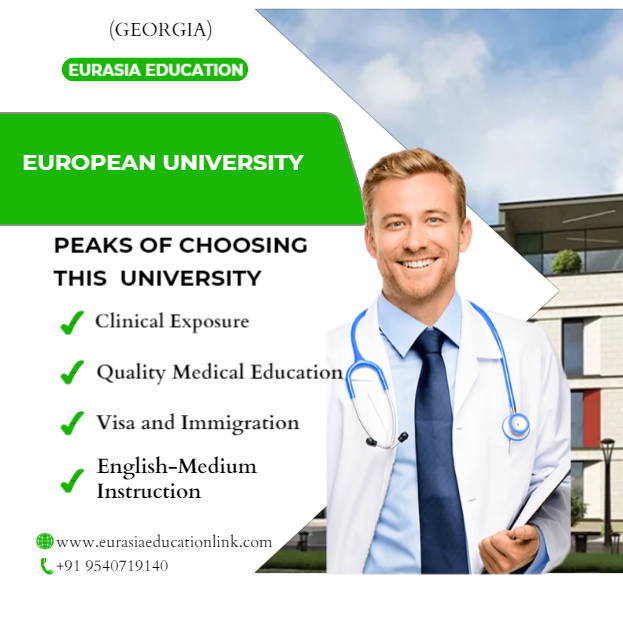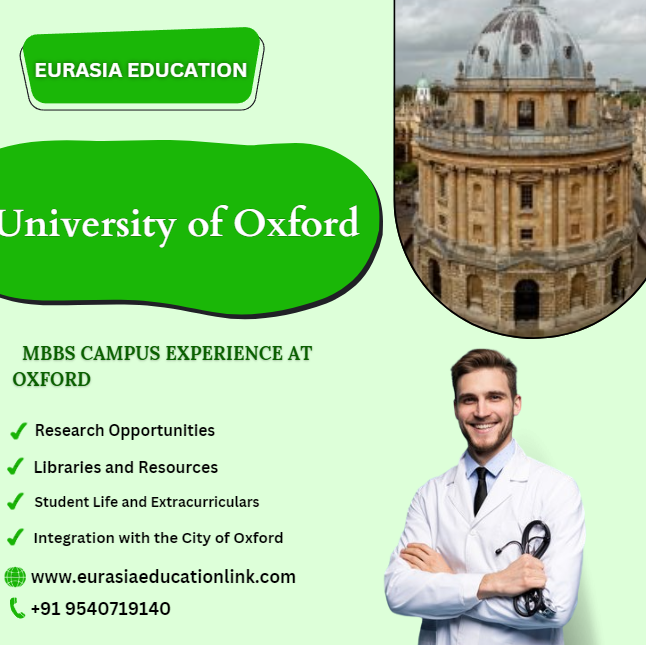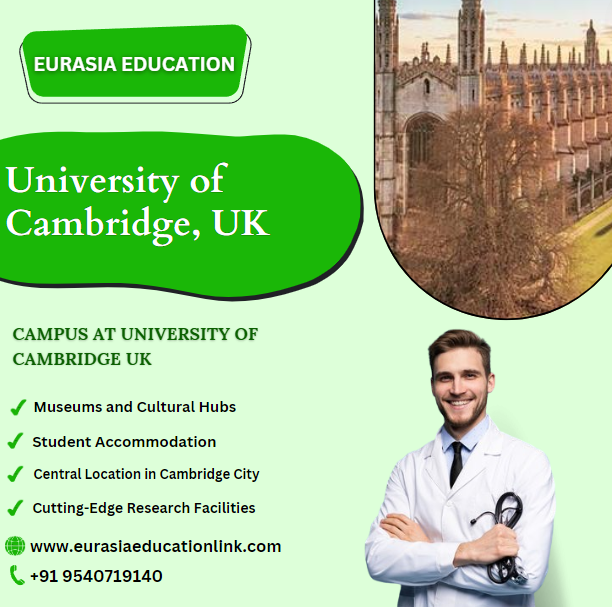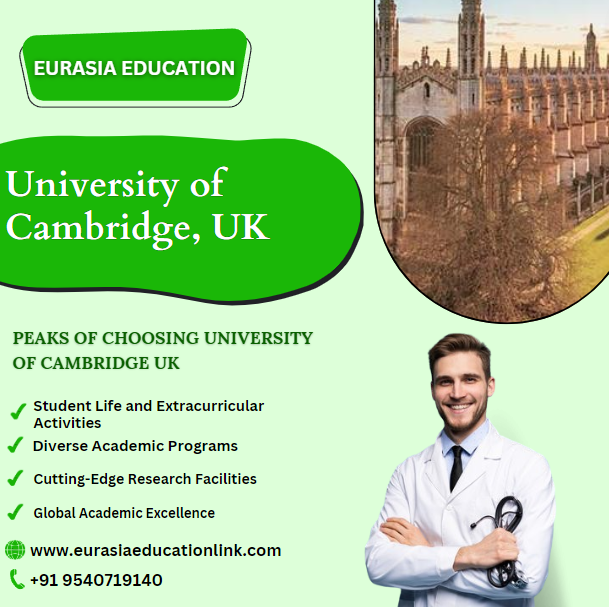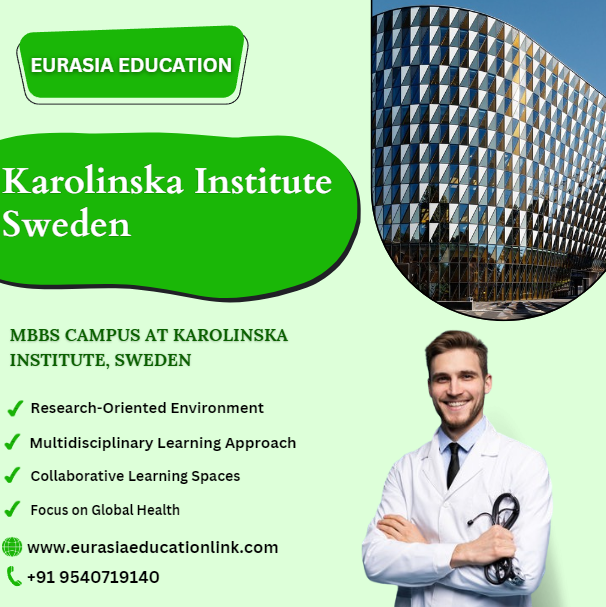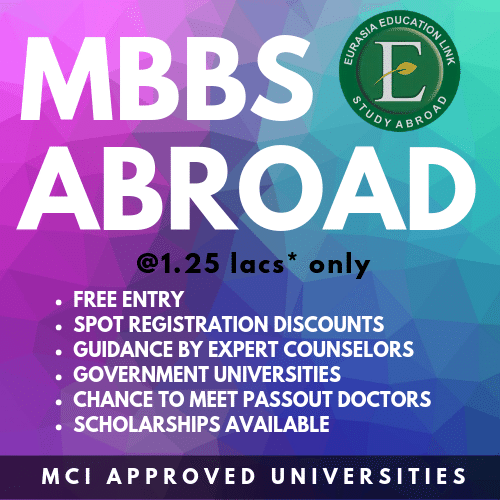Pursuing an MBBS degree at a European University in Georgia offers several advantages and opportunities. Here are some of the potential benefits:
1. Quality Medical Education: European University is known for providing a high-quality medical education. It offers a comprehensive curriculum and modern facilities to ensure that students receive a strong foundation in medical sciences and clinical practice.
2. English-Medium Instruction: The university offers an English-taught MBBS program, making it accessible and attractive to international students who are more comfortable studying in English.
3. Clinical Exposure: European University collaborates with reputable hospitals and clinics in Georgia, providing students with valuable hands-on clinical experience. This practical training is essential for preparing students for their future medical careers.
4. Diverse Student Community: The university attracts a diverse student body from various countries. Interacting with peers from different cultural backgrounds can enrich your global perspective and improve your cross-cultural communication skills.
5. Cost-Effective Education: Georgia is known for its affordable tuition fees and lower living costs compared to many Western countries. Studying at European University can be a cost-effective choice for international students.
6. Cultural Experience: Living in Georgia allows you to immerse yourself in a unique culture, explore its rich history, and enjoy its cuisine. This cultural experience can be a valuable aspect of your education.
7. Global Recognition: An MBBS degree from European University is generally recognized in many countries, depending on the accreditation of the program. It can open doors to medical practice and further studies worldwide.
8. Modern Facilities: European University typically provides modern facilities, including well-equipped classrooms, laboratories, and libraries, to enhance the learning experience.
However, it's essential to consider potential challenges as well:
1. Adaptation: Moving to a new country with a different culture and, possibly, a different language can be a significant adjustment. Be prepared for the challenges of adapting to a new environment.
2. Accreditation: Ensure that the university and its medical program are accredited by the relevant authorities and recognized in your home country or the country where you plan to practice medicine.
3. Visa and Immigration: Comply with visa requirements and immigration processes. Make sure you have all the necessary documentation and meet the visa requirements for studying in Georgia.
4. Language: While the program is in English, you may need to communicate with patients who speak Georgian. Learning some basic Georgian can be advantageous for your clinical rotations.
Before deciding, thoroughly research European University, consider your long-term career goals, and consult with current students and alumni to gain insights into the specific advantages and challenges of studying medicine at the university. Additionally, verify the latest information about the university's accreditation and program quality to make an informed choice.
